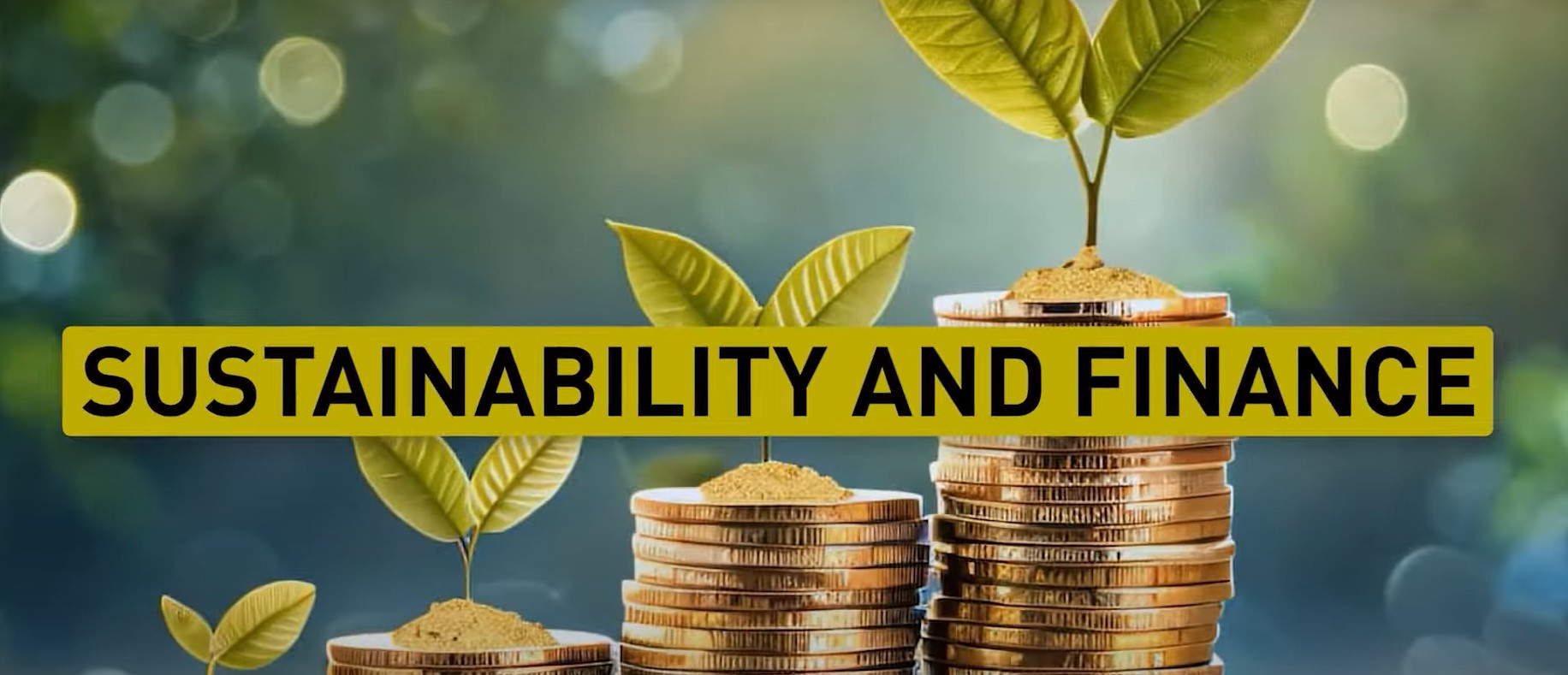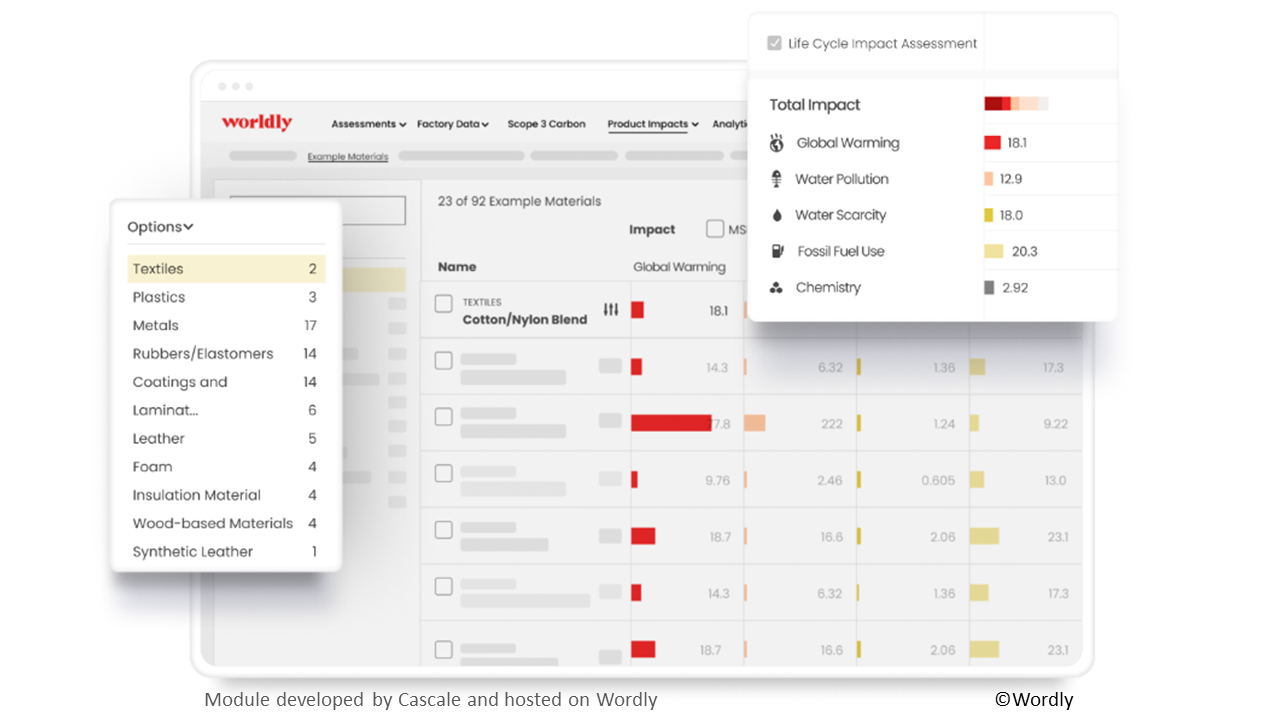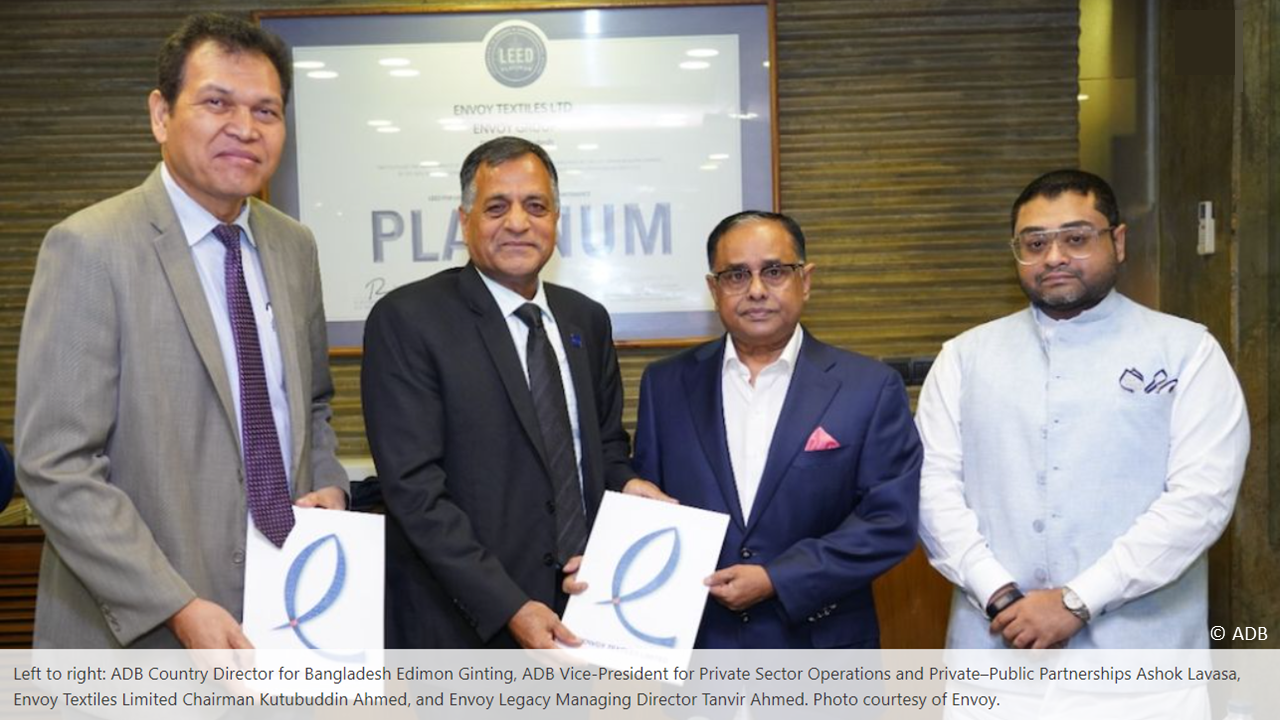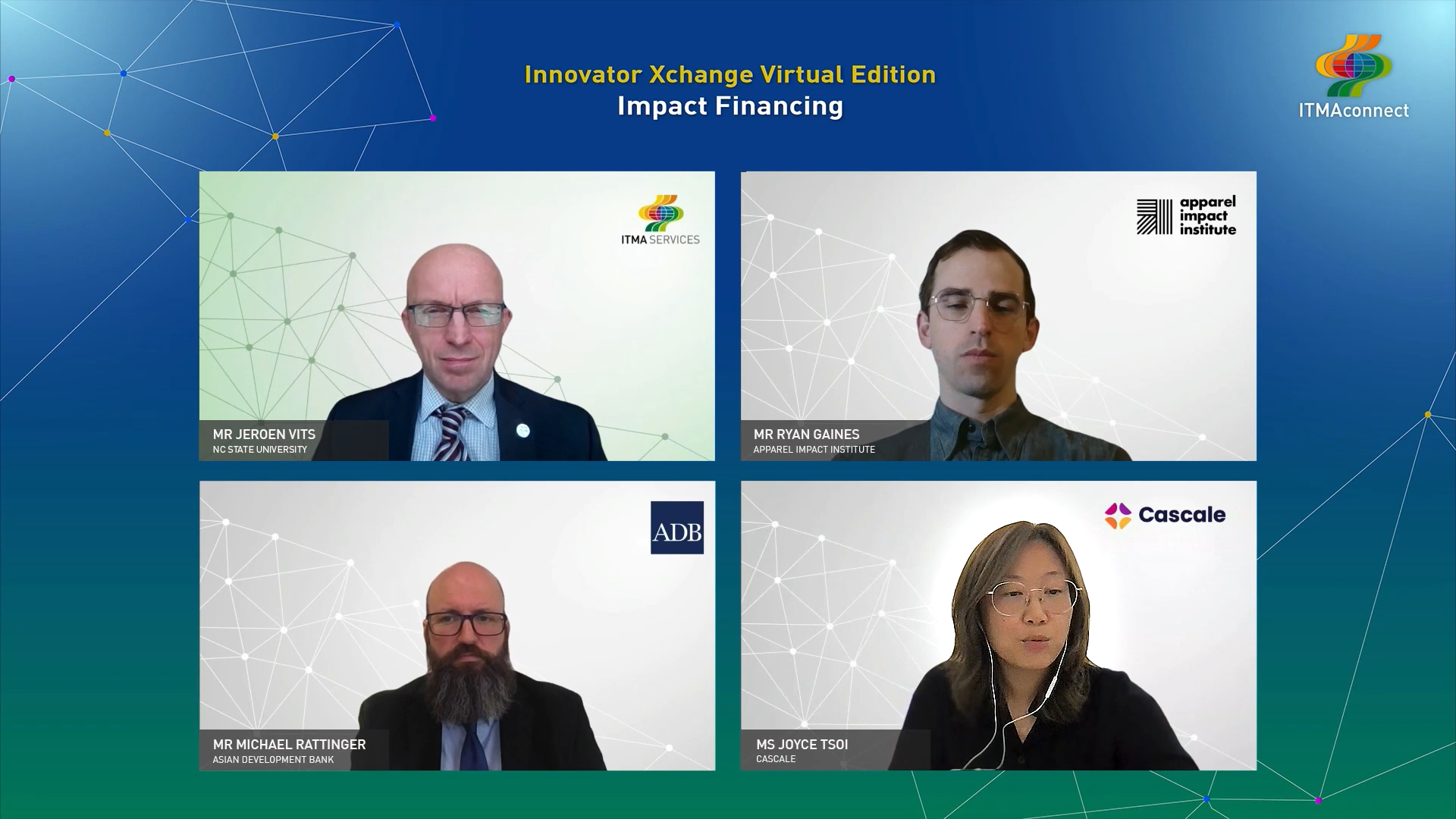
Energy-saving projects are still the most effective way for many textile manufacturers to make sustainable gains, especially in the industry’s major hubs in Asia, and both technical help and financing are now available to realise such projects.
This was the central message of the ITMAconnect webinar, Impact Financing for Sustainable Transformation, now available to view on-demand at itmaconnect.com.
Taking part were Ryan Gaines, CFO at Apparel Impact Institute (Aii), Michael Rattinger, a senior climate change specialist for the Asian Development Bank (ADB) and Joyce Tsoi, senior director of the decarbonisation programme of Cascale – formerly known as the Sustainable Apparel Coalition. The discussion was co-ordinated by Jeroen Vits, ITMA Services board member.

Cascale, as an alliance of 300 companies representing every step of the global value chain for apparel and textiles, has as decarbonisation programme that supports the industry in working towards emissions reduction via collaboration, member support, and guidance.
“There is a lot of low hanging fruit that textile manufacturers throughout Asia can gain from energy savings, both from the procurement of solar energy and from the installation of solar energy at their manufacturing plants,” said Joyce Tsoi.
Partnerships are the key to realising a lot of common goals, she added, with Cascale members benefiting from access to a diverse network of like-minded industry leaders and organisations, providing opportunities for collaboration, knowledge-sharing and potential alliances.
Cascale also partners with the California-headquartered Apparel Impact Institute (Aii), a non-profit, non-membership collective that identifies, funds and scales projects that accelerate positive impact in the apparel and footwear industry. It is funded in part by grants from brands and philanthropic organisations and in part by service fees for its technical work.
Aii’s Fashion Climate Fund is a US$250 million donor-pooled fund and its Climate Solutions Portfolio (CSP) is a registry of proven carbon-reducing programmes and solutions that companies can consult.
“We are active in projects assisting the transition of companies to renewable energy and the phase-out of coal, since many Tier 2 manufacturers are still using coal-fuelled boilers,” said Ryan Gaines. “Other areas where we offer technical assistance and sponsor experts to make assessments include, for example, machinery retrofits and wastewater reuse.
“Some of these solutions can have increased operational costs that are difficult to justify purely in financial terms, and when looking for conventional financing, textile manufacturers work on short-term orders so there is no longer-term visibility into their revenues, which makes things difficult for the banks.”
Brands can help, Gaines added, by providing assurance of longer-term business.
“This can be a strong incentive for investment in many projects, and the potential of selling future products at premium prices is also a lever to driving support.”
The ADB is working towards a prosperous, inclusive and sustainable Asia while making concerted efforts to eradicate extreme poverty in the region, assisting its members and partners by providing loans, technical assistance, grants and equity investments to promote social and economic development. It further seeks to mobilise financing by tapping into official, commercial and export credit sources.
“Manufacturing is becoming increasingly important to us, both from a climate perspective and in a social context, and textile companies can employ a large number of people,” said Michael Rattinger. “In assessing projects, we look closely at the bankability of the company involved, the market demand for its products and the feasibility of a project, but we also look very strongly at impact, and if there is value addition in terms of sustainability. Our assessments go beyond that of regular finance houses in seeking projects that are ambitious, but also realistic. We are also good at bringing in third party investors because investing in the textile industry can be daunting for those not familiar with it, involving complex supply chains across many countries. There’s a need to understand government policies towards this market too, and how different sources of finance can be combined.”

Rattinger cited the US$11.2 million package secured for Envoy Denim in Bangladesh as a recent success story. Envoy has used this funding to establish an automated and more energy efficient spinning plant with an annual yarn production capacity of 3,600 tons.
“In addition to resource savings, this has created 250 secure new jobs, so it’s been quite impactful and it helped that Envoy had an idea of the savings it could achieve and the additional profit it would generate in its detailed action plan,” he said.
ADB is also working with local banks in Bangladesh to gain financing for textile and garment factories looking to improve their standards, particularly through access to concessional funding and ‘blended finance’.
“This, is cheaper than the finance available in local markets because conventional banks tend to overprice risks,” Rattinger explained. “We can combine different sources of finance to lower the risks, as a bridge to bringing in other investors who otherwise might not be prepared to provide financing on their own.”
In response to an audience question, he further urged the manufacturer in Pakistan – where interest rates for borrowing currently stand at 24% – to contact the ADB branch in Islamabad.
A recording of the webinar is available on ITMAconnect on-demand for subscribers. If you are not a subscriber, register for an ITMAconnect visitor account now for just €25 (plus applicable VAT).


Access your ITMAconnect account now
until 14 November 2026.

Purchase an ITMAconnect visitor ticket at EUR 25 (VAT at prevailing rate to be added if applicable) to access the platform until 14 November 2026.
Share this page
Stay Updated on Industry Developments
Featuring products and exhibitors on ITMAconnect.
View More Articles